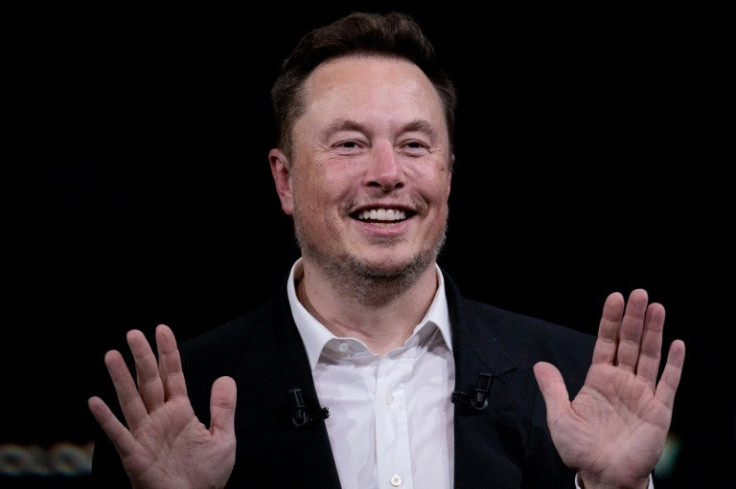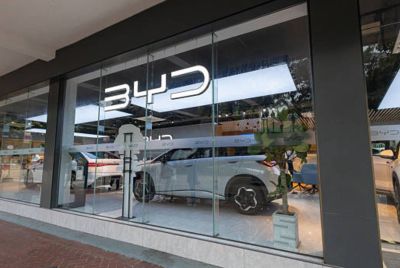Why Does Elon Musk Want To Put X Behind A Paywall?
Elon Musk has suggested that all users of X, previously called Twitter, may have to pay to access the platform due to the high amount of bots and fake accounts.

During a conversation on Monday with Israeli Prime Minister Benjamin Netanyahu, the tycoon, Elon Musk, asserted that implementing a paywall was the sole effective strategy for countering bots.
He said: "We're moving to having a small monthly payment for use of the system."
The billionaire further went on to say: "This is actually the only defence against vast armies of bots."
Mr Musk has consistently advocated for using a paid verification system as his strategy for eliminating bots and fake profiles from the social media platform.
Following his acquisition of Twitter last year, he has been promoting a service called Premium X, to encourage users to subscribe and access enhanced features.
These were features such as longer posts, the verification tick and increased visibility on the platform. X premium currently costs $8 (£6.50) a month in the US.
Musk assured that he is going to come up with a "lower tier pricing", adding that "We just want it to be a small amount of money".
In July, Musk said that the company was facing a difficult financial position, and in an X post, Musk wrote: "We're still negative cash flow, due to a 50 per cent drop in advertising revenue plus heavy debt load."
He added: "Need to reach positive cash flow before we have the luxury of anything else."
Advertising revenue plummeted as Musk took over Twitter due to concerns over his support for absolute free speech and more relaxed content moderation.
Musk also reinstated formerly banned accounts, including Andrew Tate and former US President Donald Trump.
However, putting X behind a paywall runs the risk of losing users, which could decrease advertising revenue, which currently accounts for most of the company's income.
Musk has also said that several campaign groups have falsely accused him and X of being antisemitic, costing the site millions in lost revenue due to advertising sanctions.
In his conversation with Mr Netanyahu, the Israeli leader said he knows Mr Musk is "committed" to stopping antisemitism after the billionaire reiterated he is against hate speech.
The meeting was presented as a conversation focused on technology and AI about the strategies leaders should employ to "harness the opportunities that mitigate the risks of AI for the good of civilisation". However, it swiftly transitioned to a discourse about antisemitism and free speech.
The Anti-Defamation League (ADL), the prominent Jewish civil rights organization, has blamed Musk for allowing the distribution of antisemitic content and the group's director, Jonathan Greenblatt, has accused Musk of "amplifying" the messages of neo-Nazis and white supremacists who want to ban the league.
Since Musk took over Twitter in October 2022, the platform has repeatedly been accused of spreading antisemitic content among users.
The Anti-Defamation League (ADL), the prominent Jewish civil rights organisation, has blamed Musk for allowing the distribution of such posts and the group's director, Jonathan Greenblatt, has accused Musk of "amplifying" the messages of neo-Nazis and white supremacists who want to ban the league.
Musk said on X that he is "pro-free speech, but against antisemitism of any kind". However, he has threatened to sue the ADL for defamation, accusing the group of trying to "kill" the platform by "falsely accusing it and me of being antisemitic".
Mr Netanyahu accepted the balance between free speech and content moderation was a challenge but urged Mr Musk to get the balance right.

Kaja Traczyk is a reporter for the International Business Times UK and a Journalism Undergraduate with experience in news writing, reporting, and researching.





















